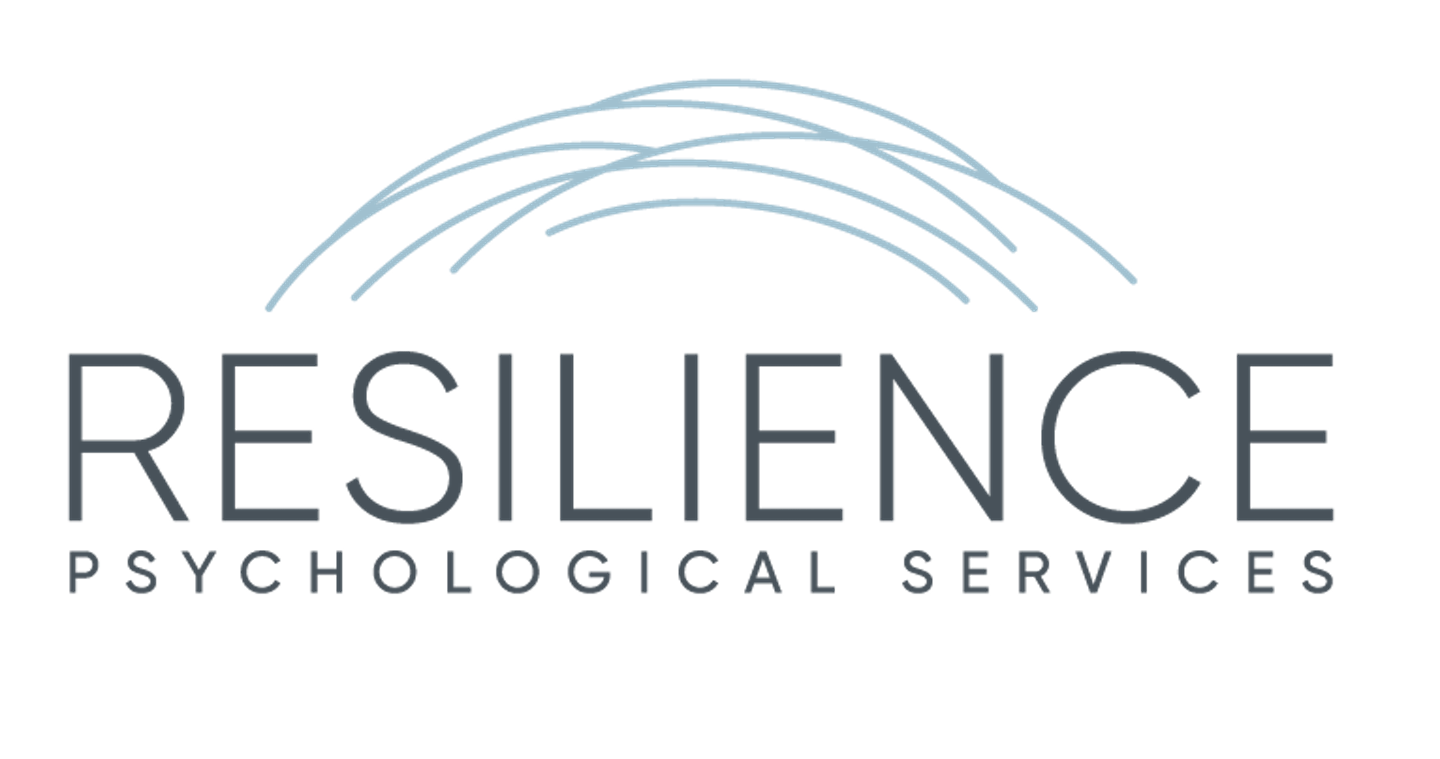what is ADDICTION?
Our lives are filled with a wide variety of behaviors that we tend to repeat with frequency and consistency—from eating meals and snacks, to washing ourselves or checking our phones. Particularly when such behaviors offer a pleasurable or mood-altering reward, we find ourselves repeating them. Yet there is a point at which engaging in an activity or consuming a substance—whether a food, drink, or drug—becomes so compulsive that it begins to feel like it is the one consuming us.
People are drawn to addictive behaviors for a variety of reasons. Addiction can serve as a potent form of self-medication, offering an escape from stressful life experiences, whether past or present. Addiction can also seem to fill a void, or lessen painful feelings associated with depression or anxiety.
Some people are addicted to specific substances, such as alcohol or drugs, including prescription medications. Other people find themselves hooked on “soft addictions” or “process addictions” such as gambling, work, food, sex, internet, television, gaming, shopping, gossiping, procrastinating, or exercise. Sometimes these soft addictions are insidious and difficult to recognize; they can begin as harmless habits that we engage in mindlessly, but gradually consume more and more of our time. While some amount of mindless activity can certainly be helpful for coping with stress, too much time spent on these activities becomes problematic. Over-indulging in these activities can numb us from our feelings, suppress our consciousness or intuition, and deplete our energy. These addictions create barriers in reaching our goals and staying true to our values.
If you find yourself unable to stop doing something that you know has become harmful to you or your loved ones, you could likely benefit from speaking with a therapist about addiction. Know that you’re not alone, and we’re here to help. We understand the profound effects that addiction can have on you, your family, friends, and social environment.
HOW WE CAN HELP
Therapy can help you to uncover the ways in which your thoughts, feelings, and behaviors—together with your personal history and social environment—inform and perhaps encourage your addiction. This heightened understanding can help you to either change or avoid the factors that are your most significant triggers for addictive behaviors. Behind addictive behaviors, clients often discover a variety of suppressed feelings—such as fear, denial, a need for control, or a desire to numb their pain. Recovery includes feeling and processing these distressing emotions, rather than continually trying to distract oneself from them. It’s also not uncommon for us to find in therapy that a client is experiencing co-occurring addiction and another mental health issue, such as depression or anxiety. At Resilience, we can help you to understand and manage multiple, interrelated behavioral health disorders.
The strong therapeutic relationship you build with your therapist can provide critical support as you strive for, achieve, and maintain sobriety, while preventing or coping with relapse. In some cases, we may determine that medication could be helpful for supporting addiction treatment. In such instances, we would make an appropriate referral to, and work collaboratively with, a medical provider who can prescribe and manage such medication.
Common signs
Challenges with self-care
Craving or compulsion
Difficulties functioning in work, family, or social relationships
Inability to stop consuming a substance or engaging in an activity, despite the negative consequences of continuing
Poor self-image, shame, or diminished self-respect
Tolerance: Discovering that you must use the substance, or engage in the activity, more and more to achieve the same effect
Withdrawal: Experiencing negative side effects, such as nausea or irritability, when you stop using
At Resilience, we understand the stigma often experienced by people struggling with addiction. You don’t need to do this alone.
We offer our clients a non-judgmental, safe space to freely explore the context for their addiction and begin, or continue, on the path to recovery. We invite you to contact us for a free consultation.



